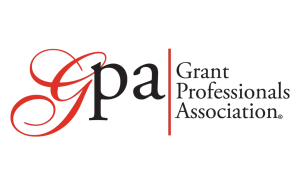Developing one grant proposal after another is like trying to assemble complicated machines by picking parts from a conveyor belt that keeps moving faster. It’s hectic, the pieces must fit together exactly, a mistake can wreck the product, and the action never stops.
“To survive and thrive in the deadline-driven world of grants, you have to be organized,” said Barbara Floersch, grants expert and author of You Have a Hammer: Building Grant Proposals for Social Change.
Some tasks should be done weekly or monthly, while others can be done every six months or even once a year. Each situation will present different needs, but Floersch recommends building a periodic tune-up into your schedule.
* Clean your office. A neatly organized desk invites you to sit down and dig in. A desk littered with the detritus of past projects and mounds of helter-skelter papers induces a fight-or-flight response. An inviting office promotes solid, mindful work.
* Practice e-file hygiene. If you’re frequently searching for electronic files and asking colleagues to re-send emails or material, you’re wasting everyone’s precious time and ramping up stress.
* Update frequently used attachments. Make an inventory of documents you most frequently need and set up a system for regular updates. Organizational charts, resumes, and job descriptions quickly go out of date. There’s a new financial audit report every year. The federal negotiated indirect cost rate might have changed. Board membership might have changed. You’ll want a copy of the most recent operating budget and 990 tax return at your fingertips.
* Update data and citations. Most organizations rely on usual-suspect data sources to document community need or show that service approaches are likely to produce results. If you rely on regularly published reports, make sure you have the latest version. If you have not recently researched your topic area, look around to see if new data is available or new approaches have proven more effective than old ones.
* Double check your grants.gov registration. Make sure passwords are current and add update reminders into your calendar.
* Update organizational information. Speak with administrators and program managers to ensure you have the most recent evaluation reports, service numbers, strategic plans, and program descriptions.
“Water your plants, restock your supply of protein bars, and lay in some good coffee,” said Floersch. “Taking the time to reflect and organize is calming and prepares you to juggle fast-moving demands more effectively.”










